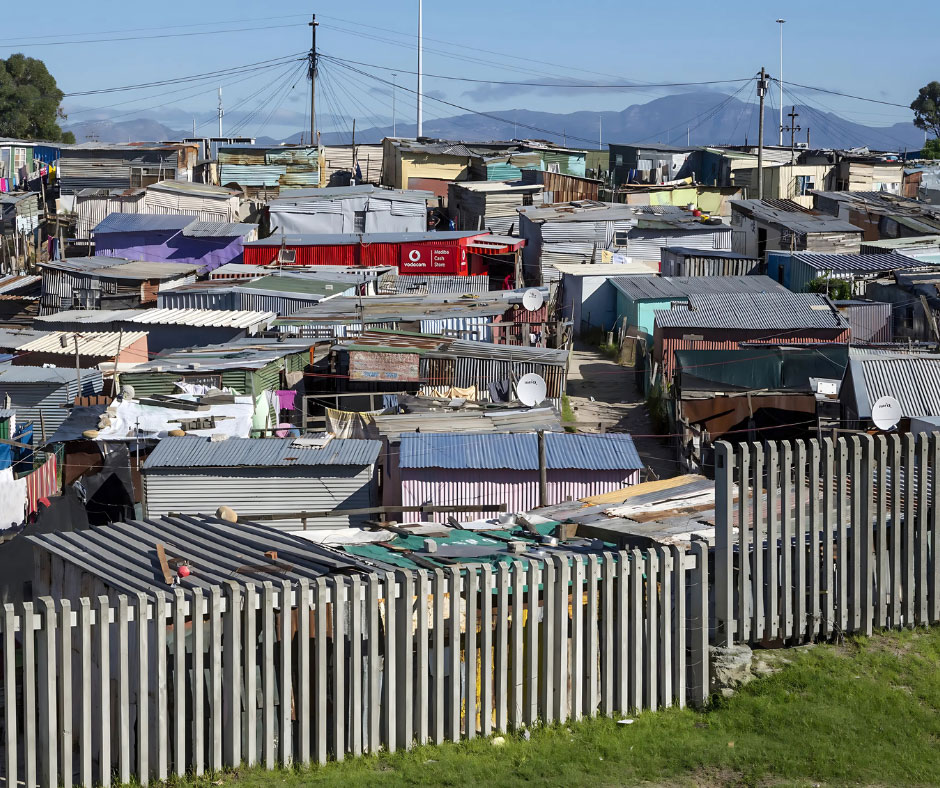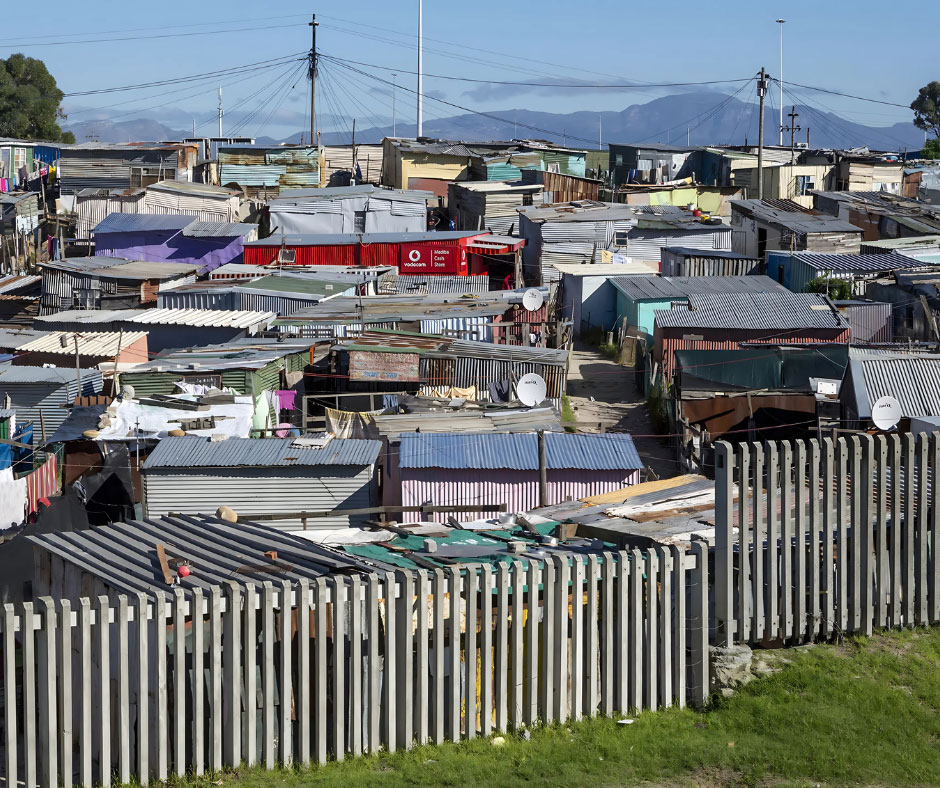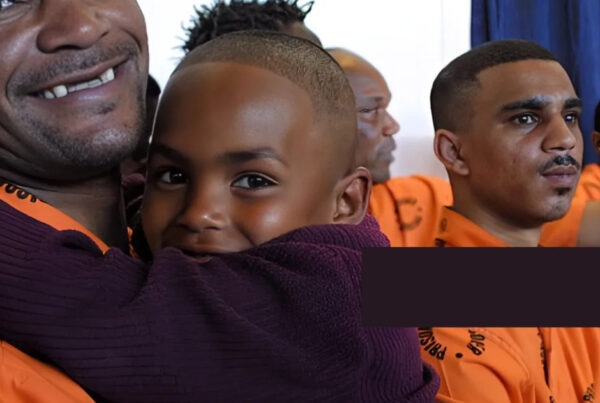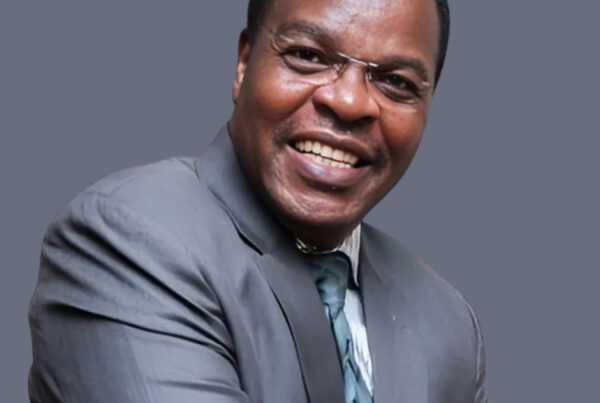In the sprawling township of Khayelitsha, where the rhythms of life are often punctuated by gunfire and grief, a quiet revolution is unfolding. Amid shacks and sandy streets, a small but fierce collective of pastors is planting seeds of hope among youth ensnared by gangsterism, drugs, and despair. These are not ordinary outreaches. They are intense, multi-day gospel “bootcamps” — part spiritual retreat, part trauma clinic, part vocational catalyst.
At the heart of this movement is Pastor Luntu Moya, a soft-spoken former street minister who now heads Restoration Flame Ministries. His congregation meets in a modest tent pitched near Site B. But it is the makeshift campgrounds on the Cape Flats outskirts where true transformation happens.
“We call them Gospel Camps,” Pastor Moya says, “but what happens is deeper than preaching. It’s healing. It’s deliverance. It’s therapy.”

Launched in 2021 in response to the alarming spike in teenage gang initiation and overdose cases, the camps offer troubled youth an alternative weekend reality — one filled with worship, workshops, bonfires, and mentorship. Each session includes trauma-informed counselling, Scripture-based life skills, and vocational exploration. The model draws inspiration from discipleship retreats, but localises it with African cultural rhythms, music and dance, and multilingual preaching in Xhosa, English, and Afrikaans.
“Many of these boys have never been outside Khayelitsha. We take them out of the chaos to hear God,” Moya explains.
One 17-year-old, whom we’ll call Ayanda, had already been recruited into a gang by age 13. Now he plays the keyboard at the church and shares his testimony. “I saw too many die,” he says. “At camp, I cried for the first time in years. God found me.”
Khayelitsha, home to over 2.4 million residents, is one of South Africa’s youngest and fastest-growing informal settlements. But it is also a hub for illegal arms trade, with rival gangs like the “Junior 26s” and “Ghetto Kids” recruiting children as young as ten. According to police records, youth homicide and narcotics arrests have nearly doubled since 2020.
Churches in the area have struggled with capacity and burnout. “We bury our youth every weekend,” says Rev. Nosipho Magwaxaza, a chaplain who partners with Moya’s team. “But this new model — it’s not just pastoral. It’s prophetic.”
Indeed, the camps are forming the backbone of what some call a “theology of presence” — a deeply contextual, incarnational mission philosophy. Pastors don’t merely preach; they eat, hike, worship, and cry alongside participants.
“We stopped waiting for youth to come to church,” says Sipho Dlamini, another camp leader. “We went where they were — and brought Jesus with us.”
Unlike traditional youth revivals, these boot camps culminate not just in altar calls but in action plans. Each participant leaves with a spiritual mentor, a counselling referral (if needed), and an opportunity to enrol in a community skill programme, ranging from graphic design to plumbing.
With support from local Christian NGOs like Hope Beyond the Wall and international partners including Youth for Christ, the movement has grown to serve over 600 young people in just under three years. Several graduates are now back as mentors.
One of them, 22-year-old Lwando, was once facing multiple charges. Today, he’s completing a degree in theology. “I thought Jesus was for old people and Sundays. Now I see — He’s for Monday through Saturday too.”
The story of these camps is not just spiritual, but deeply sociopolitical. Faith leaders here are advocating for safer spaces, better public lighting, and anti-drug policies. They’re forming what urban scholars might call “redemptive urbanism” — grassroots movements that fuse faith, justice, and community repair.
Pastor Moya puts it this way: “We’re not only preaching Jesus. We are reclaiming ground — one soul, one street, one story at a time.”
By Glorify Times Staff Writer








